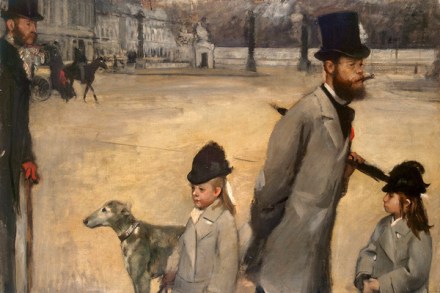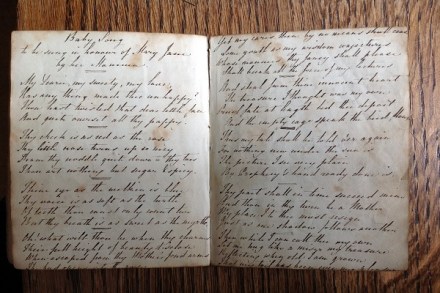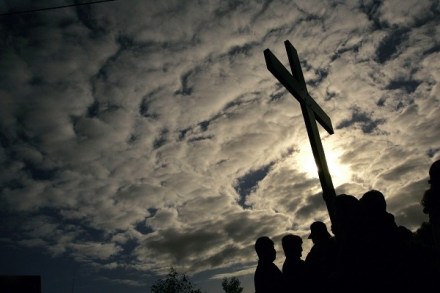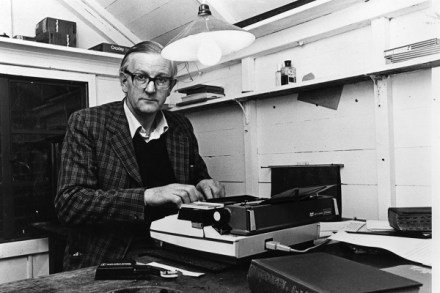Tales of Two Cities, by Jonathan Conlin – review
In Jonathan Conlin’s Tales of Two Cities the little acknowledged but hugely significant histoire croisée of two rival metropoles gets a long overdue airing. For, like it or not, London and Paris would be much duller places if neither had deemed fit to discover the other. Oddly, up until now no historian has ever explored this fecund, though sometimes grudging, exchange of ideas and cultural mores. Perhaps it required an outsider such as Conlin (though resident in London, he originates from New York) to martial the necessary objectivity. Previously the author of The Nation’s Mantelpiece, the first ever history of London’s National Gallery, Conlin brings an archivist’s industry and an















